This is the largest event we have ever arranged and the culmination of the H2020 pilot programme (consisting of only 4 projects, including ECHO) on Cybersecurity. BU is the one of only 3 universities involved in the project, with most of the partners being from industry (44 partners in all). We are the only project partner from the UK, so we have a lot to be proud of.
This event was the showcase for all the outputs from the ECHO project and we had an impressive line-up of prominent guests and speakers, both local and from Europe. On top of that, we involved 4 cohorts of students in the event, from L5 through to L7, so this truly is a fusion exercise where learning, teaching and industry come together to showcase the best of what we can do when we ‘fuse’ the three aspects.
The 3 days were jam-packed with excitement starting on the Monday with a kick-off event where we had talks from a number of prominent speakers from across Europe including ENISA, DG CNECT, Accenture, DSTL and ESET.
This was followed by a series of student-led workshops run by our final year undergraduate and master’s students (Huseyin’s Human Factors unit) where they interviewed the ECHO partners and conducted Human Factors evaluations on the Early Warning System, which went really well.
On Tuesday, we and our ECHO guests spent the morning recording some footage on the Green Screen in the Faculty of Media and Communication, which they are going to turn into an animation that we hope to use for dissemination. This was followed by a visit to BAE Systems’ STEP facility in Christchurch, where my final year business IT students presented their ideas for how the various plug-ins created as part of ECHO can be commercialised, which went down really well.
Then, on Wednesday we had the Incident Response Scenario where a group of second year students (Cagatay’s Ethical Hacking Unit) played blue team, defending multiple systems under attack. They then used the Early Warning System to raise tickets to warn of the attack as it was happening. It was a real eye-opener for them to see how this might play out in real life and they had a fabulous day, as did the observers and guests.
Overall, the whole 3 days were a resounding success, we have really enjoyed the experience (although we now must sleep!) and are hoping to host similar events in the future, watch this space!
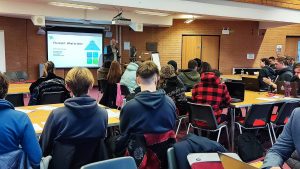
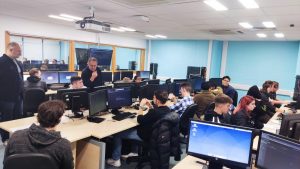

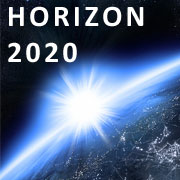
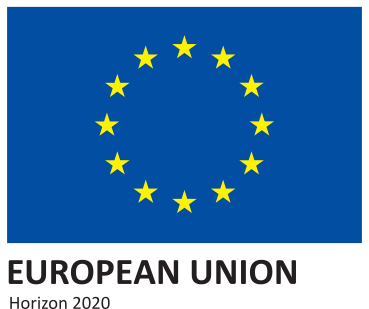 When: 26th of September 2017 from 9.30 am – 6.30 pm
When: 26th of September 2017 from 9.30 am – 6.30 pm

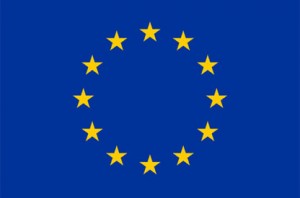 Remember the Marie Curie calls under FP7? Well, they are new and improved under Horizon 2020 and have been renamed and revised…
Remember the Marie Curie calls under FP7? Well, they are new and improved under Horizon 2020 and have been renamed and revised…










 ESRC Festival of Social Science 2024 Open Call – Deadline for Applications Thursday 16 May
ESRC Festival of Social Science 2024 Open Call – Deadline for Applications Thursday 16 May We can help promote your public engagement event or activity
We can help promote your public engagement event or activity Horizon Europe News – December 2023
Horizon Europe News – December 2023